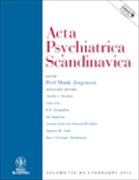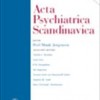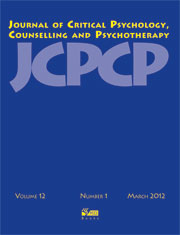7 July 2017, 10 am – 4.30pm, registration from 9.30am
Hackney House, 25-27 Curtain Road, Hackney, London, EC2A 3LT
https://madness-london.eventbrite.co.uk
This unique, one day event, featuring Jacqui Dillon and Rai Waddingham (recently featured on BBC Horizon: Why Did I Go Mad?), explores experiences often dismissed as symptoms of serious mental illness: voices, visions, paranoia, unusual beliefs and altered states, and reframes them as understandable human responses to adversity.
Drawing from personal and professional experiences of madness, healing and recovery, combined with emerging innovative research findings, Jacqui and Rai present an emancipatory approach to understanding and working with distressing experiences that prioritises respect, personal meaning, self-determination and liberation.
Download: Making Sense of Madness Flyer
It includes:
- Understanding ‘mad’ experiences
- Exploring factors that can contribute to and shape distress
- Alternatives to diagnosis – moving beyond the illness model
- Respectful ways of helping people in distress
- Strategies to survive and thrive
This day is suitable for:
- Anyone interested in understanding more about madness, creativity and the complex spectrum of human experience
- Those involved in supporting another human beinga – whether this is as a friend, ally, family member, colleague, mental health professional, teacher, therapist, social worker, voluntary sector worker, manager or spiritual advisor
- All those with lived experience of madness and distress
Fees:
- Unwaged: £10
- Voluntary Sector & Self Funding: £90
- Statutory & Commercial: £125
Please get in touch if you’re in a difficult financial position – we may be able to help.
Register:
https://madness-london.eventbrite.co.uk


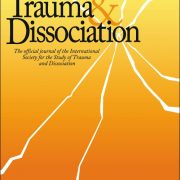
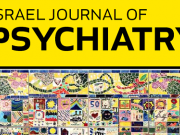

 It is just over 50 years since the publication of Sanity, Madness and the Family, R.D. Laing’s and Aaron Esterson’s groundbreaking study of ‘schizophrenia’ in 11 young women. Birkbeck Research in Aesthetics of Kinship and Community (BRAKC) and the Birkbeck Guilt Working Group have organized a one-day symposium to discuss the lasting impact of that book.
It is just over 50 years since the publication of Sanity, Madness and the Family, R.D. Laing’s and Aaron Esterson’s groundbreaking study of ‘schizophrenia’ in 11 young women. Birkbeck Research in Aesthetics of Kinship and Community (BRAKC) and the Birkbeck Guilt Working Group have organized a one-day symposium to discuss the lasting impact of that book.
